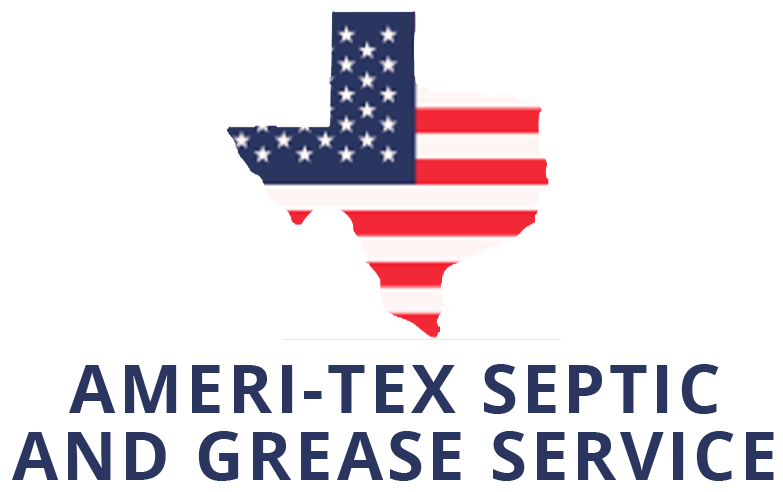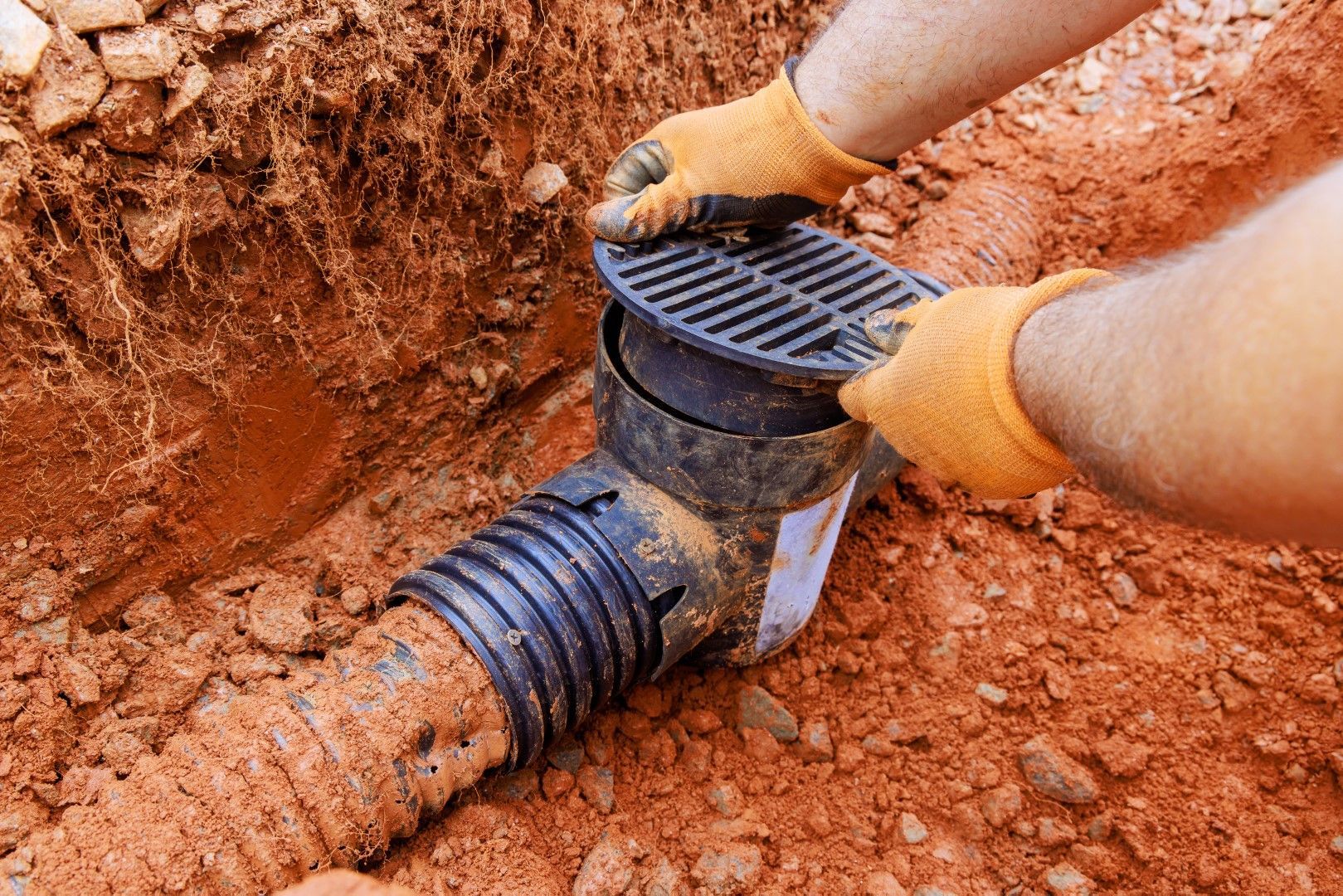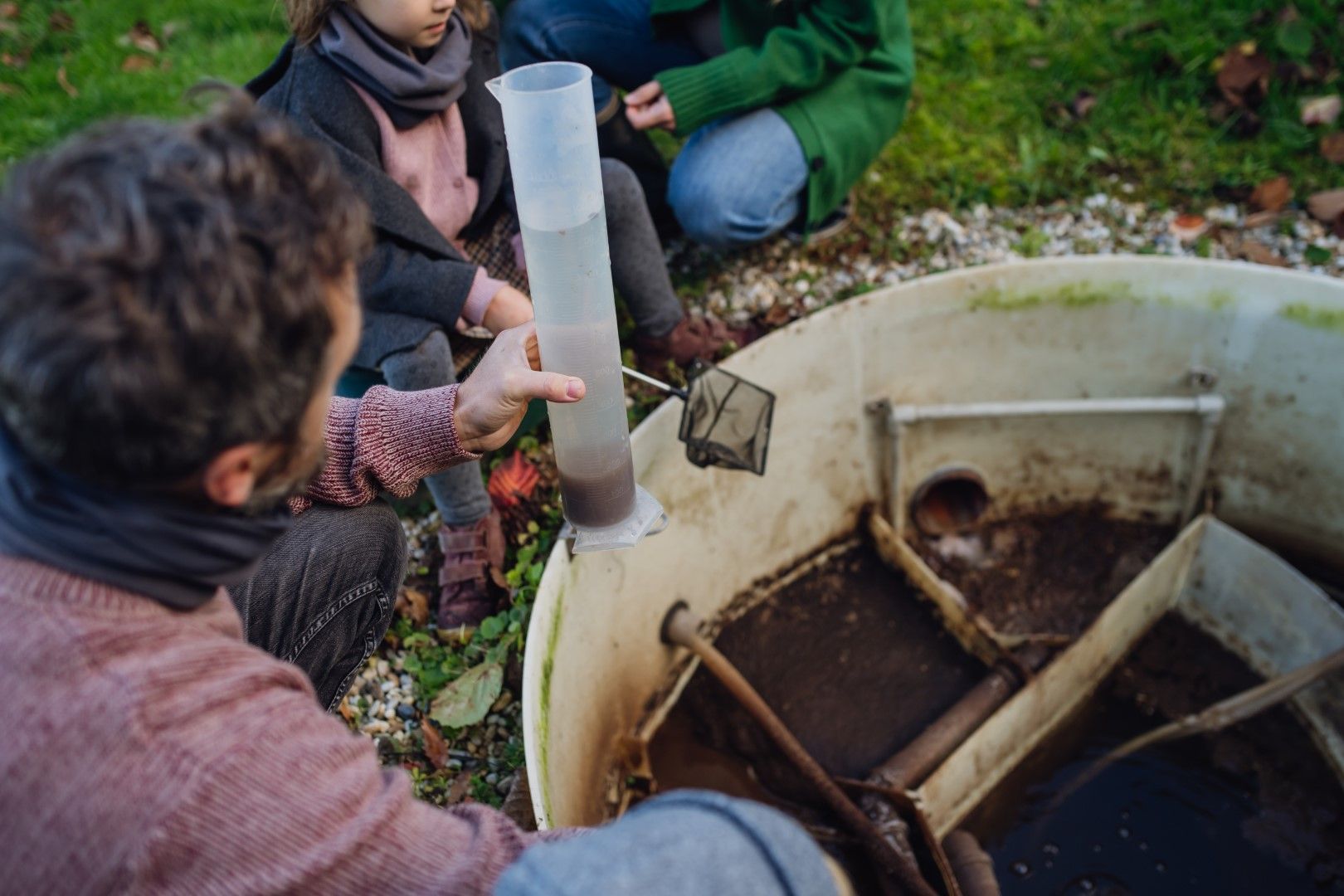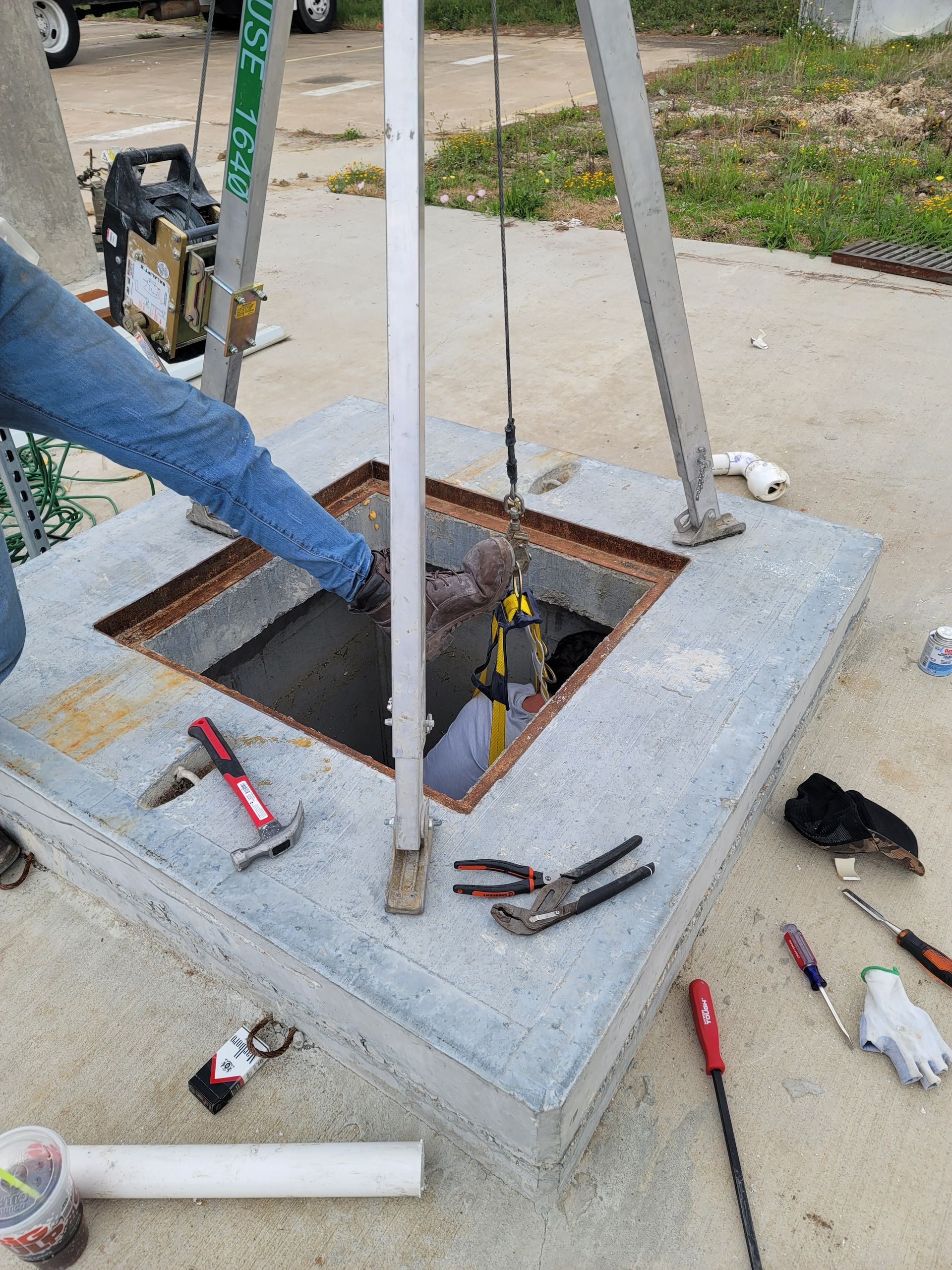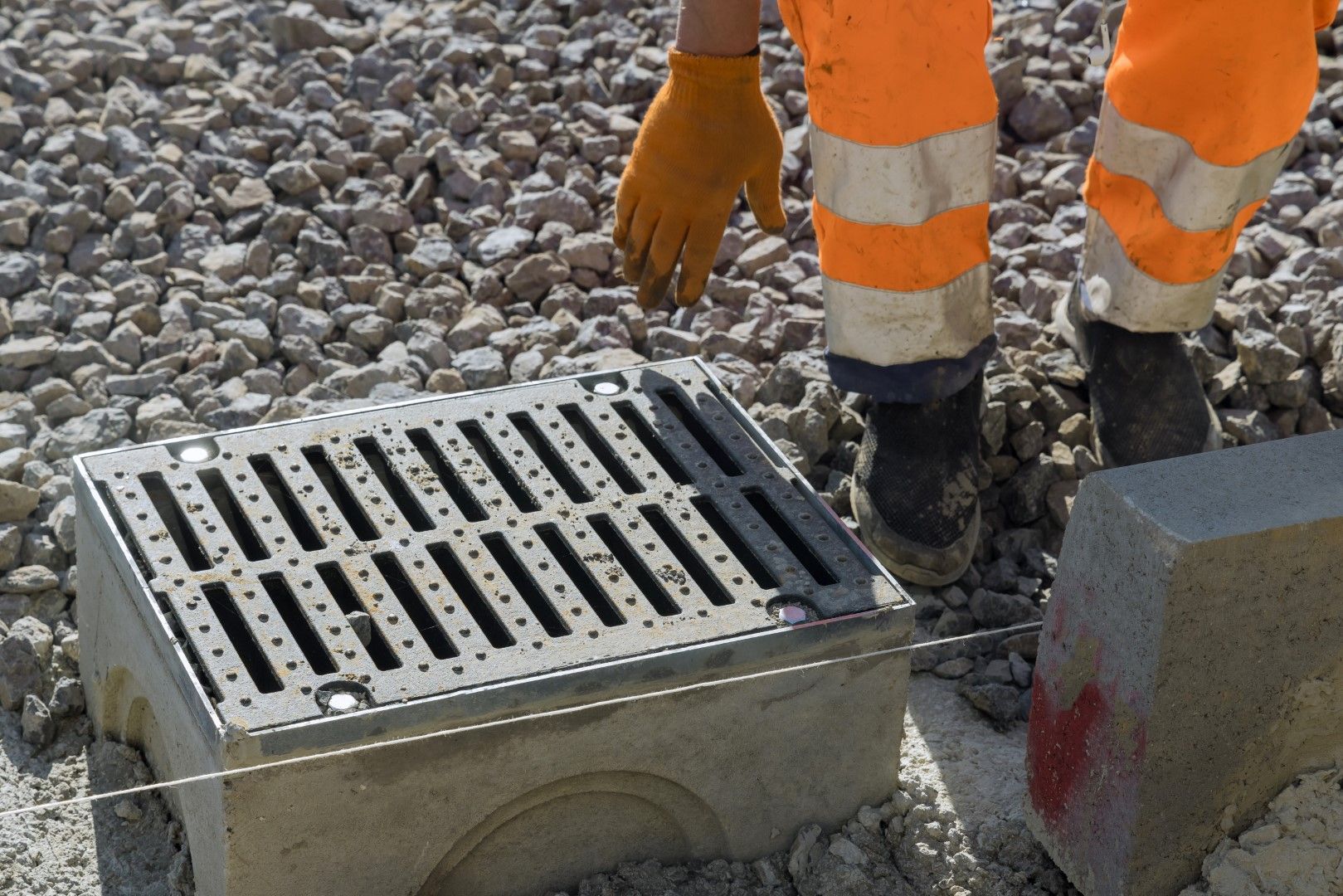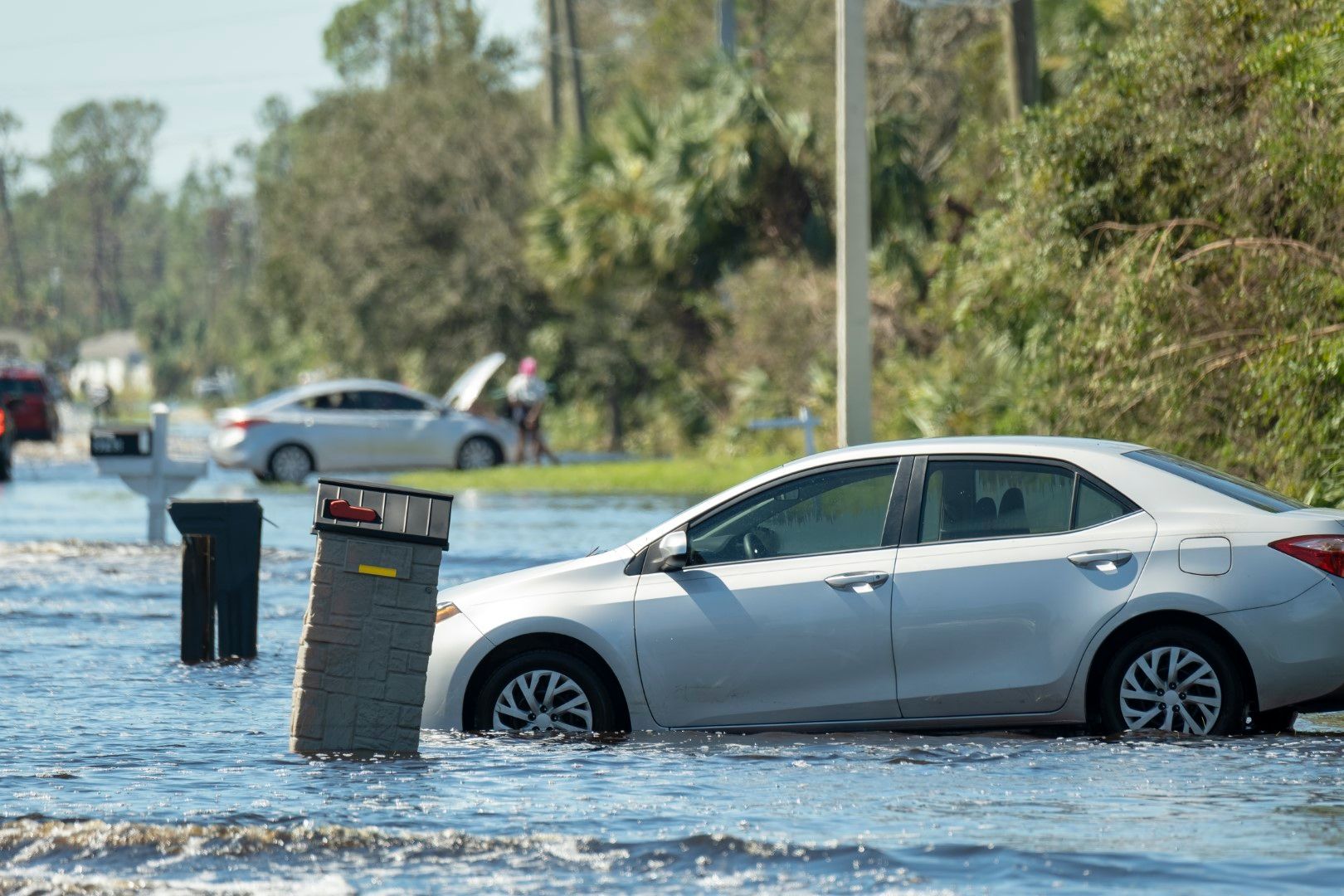Septic systems are designed to handle wastewater from homes and businesses efficiently, but they are not immune to the effects of weather. Changes in weather conditions can have a significant impact on the performance of your septic system, especially if proper maintenance isn’t a priority. Understanding how different weather conditions affect septic systems can help you protect your investment and avoid costly repairs.
Heavy Rain and Flooding
One of the most common weather-related issues for septic systems is heavy rain or flooding. Excessive rainfall can saturate the soil surrounding the septic system’s drain field, which is responsible for filtering and dispersing wastewater. When the soil becomes too saturated, it loses its ability to absorb effluent, causing wastewater to back up into the septic tank or even into your home.
Flooding can also introduce debris, soil, and contaminants into the septic tank, leading to clogs and reduced system efficiency. If your property is located in an area prone to flooding, it’s essential to take extra precautions, such as:
- Install drainage solutions to direct water away from your septic system.
- Avoid using the system during heavy rains to prevent overloading.
- Schedule regular inspections with Ameri-Tex Septic & Grease Service to ensure your system is prepared for extreme weather.
Freezing Temperatures
Although freezing temperatures are less common in the Houston area, they can still occur, especially during unusually cold winters. Cold weather can affect septic systems in several ways, particularly when temperatures drop below freezing.
Frozen Pipes and Components
When temperatures drop, the pipes leading from your home to the septic system, as well as those within the system itself, can freeze. This can cause blockages and prevent wastewater from flowing freely. Frozen pipes are also at risk of cracking or bursting, leading to significant damage.
Reduced Bacterial Activity
Septic systems rely on bacteria to break down waste in the tank. Cold weather can slow down bacterial activity, making it harder for the system to process waste efficiently. This can result in the need for more frequent pump-outs during colder months.
To protect your septic system from freezing, consider insulating exposed pipes and using biodegradable antifreeze solutions specifically designed for septic systems. Ensuring the system is properly maintained before winter arrives can also help prevent freezing issues.
Hot, Dry Weather
The Houston area is known for its hot and humid climate, but prolonged periods of dry weather can also affect septic systems. During hot, dry weather, the soil around the drain field can become too compacted or too dry, reducing its ability to properly absorb wastewater.
Soil Compaction
When soil becomes overly dry, it can compact and harden, limiting the flow of water through the drain field. This can lead to backups and reduce the efficiency of the septic system. Regular watering of the drain field, especially during prolonged dry spells, can help prevent soil compaction.
Increased Water Usage
Hot weather often leads to increased water usage due to activities like watering lawns, filling pools, and longer showers. This can place additional strain on the septic system, especially if the system is already experiencing difficulties due to dry soil. It’s important to monitor water usage during hot weather and avoid overloading the septic system.
Seasonal Changes and Maintenance
As weather conditions change with the seasons, it’s essential to adjust your septic system maintenance routine accordingly. Here are a few tips for each season to keep your septic system running smoothly year-round:
Spring
Spring often brings heavy rains, so ensure your system is prepared by inspecting the drain field and making sure water is being directed away from the septic system. Spring is also a good time to schedule a professional septic inspection and cleaning.
Summer
During the summer, when water usage typically increases, be mindful of how much water your household is using. Try to stagger high water usage activities, such as laundry and showers, to prevent overloading the system. Regularly check for any signs of soil compaction in the drain field.
Fall
Fall is a good time to prepare your septic system for winter. Ensure that pipes are insulated, and make sure there are no leaks or issues that could worsen in freezing temperatures. This is also an ideal time to schedule any necessary repairs or maintenance before the colder weather sets in.
Winter
If freezing temperatures are expected, keep an eye on your septic system and limit water usage if the ground is frozen. Make sure to regularly check for signs of frozen pipes or slow drainage, and take steps to insulate any exposed parts of the system.
How Ameri-Tex Septic & Grease Service Can Help
Weather conditions can have a significant impact on the health and efficiency of your septic system, but with the right care and maintenance, you can minimize these effects. Ameri-Tex Septic & Grease Service offers expert septic system maintenance, inspections, and repairs to help keep your system functioning properly through all types of weather.
Whether you’re dealing with heavy rains, dry spells, or freezing temperatures, our team is here to ensure your system is prepared and protected. We serve Houston, TX, and the Greater Houston area, providing reliable septic services that you can count on in any weather.
Keep Your Septic System Safe Year-Round
Don’t let the weather damage your septic system. By understanding how different weather conditions affect your system and taking steps to maintain it, you can avoid costly repairs and keep your septic system running efficiently. For professional septic services, contact Ameri-Tex Septic & Grease Service today and let us help you protect your system no matter the weather.


